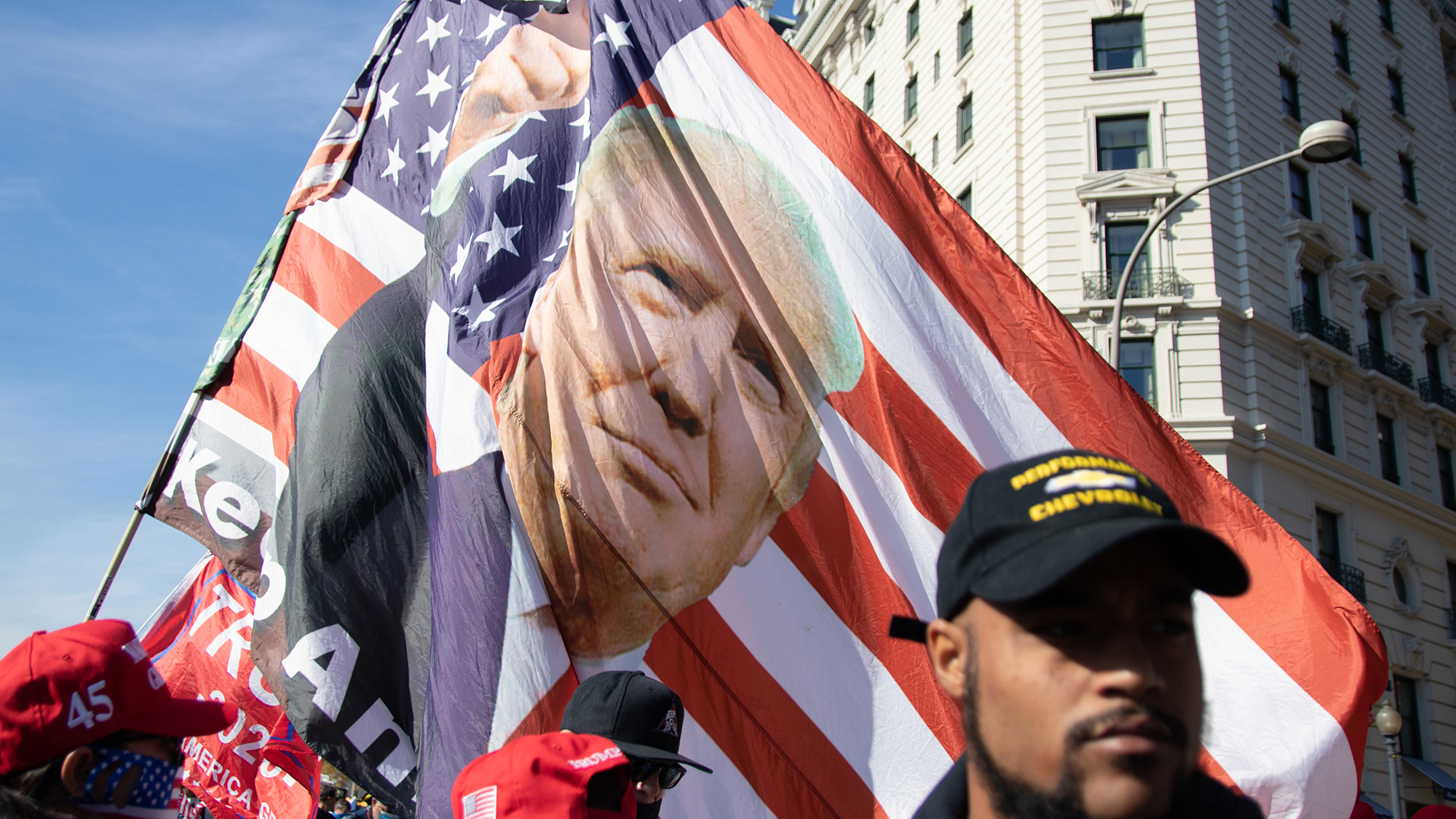Views expressed in opinion columns are the author’s own.
It’s sad that much of our political discourse is focused on a battle of personalities instead of on ways to improve people’s lives. Many people show little interest in politics or understanding of complex policy issues, so they vote based on party line or individual candidates’ personalities. Politicians capitalize on this, running campaigns based solely on their personal virtues without mention of substantive policy issues.
In some cases, this way of thinking about politics has crossed over into stan culture, in which avid fans of a celebrity create social media accounts to heap praise on them. But looking at politics through a lens that is only based on personality is incredibly detrimental to our democracy and can obscure policies that hurt America’s most vulnerable citizens. Although posting about your favorite actors or musicians is mostly harmless, interacting with politicians in the same way is unhealthy and can be downright dangerous.
Perhaps the most obvious example includes supporters of Donald Trump, who completely bought into his cult of personality. His supporters certainly felt emboldened by his bigoted policies, and many other conservative politicians hold similar views. But Trump’s outlandish personality went a long way in engendering the intense loyalty his supporters have for him. Trump’s hold on them often supersedes everything else, to the point that they believe every word he says and reject all outside evidence. This loyalty has led to some disastrous consequences, including the riots in Charlottesville and at the U.S. Capitol.
Of course, this is not a conservatives-only problem. Let’s consider how liberals discuss Trump’s predecessor, Barack Obama. While his supporters haven’t done anything approaching the Capitol insurrection attempt, some still idolize him in an unhealthy way. There are countless Obama fan pages on social media, all of which focus on what an amazing guy he is. The fan pages rave about how a man they probably have never met is such an amazing husband and father and how “presidential” he is, especially compared to Trump. But discussion of any of his administration’s policies is often nowhere to be found.
This is despite Obama’s record of unsavory policies. His administration was responsible for a record number of deportations under U.S. Immigration and Customs Enforcement and an escalation of a drone war that has killed thousands of civilians. These policies were either dismissed or flat-out ignored by liberals, because they supported his other policies and these ones conflicted with their already-held views about the man himself.
Obama is not the only Democrat to have gotten this treatment. At the beginning of the pandemic, liberals lauded New York Gov. Andrew Cuomo for his handling of the coronavirus. Stan accounts were erected in his honor, and he even published a book sharing “leadership lessons from the COVID-19 pandemic.” But from the beginning, his guidance was at odds with the science, and as we now know, he had been covering up the number of nursing home deaths in his state. Yet, some supporters still stand by him.
It’s impossible to have a serious discussion about any policy decision, good or bad, when people feel such a strong personal connection to the people making them. But what you see from politicians is what they choose to present to you. Giving them intense, undying loyalty is completely counterproductive to political progress.
Defending a politician’s every move only serves to cover up the actions that don’t make them look good. The old cliche is true: Actions do, in fact, speak louder than words. If people continue to look at politics only through how certain personalities come across in media coverage, they will never truly understand the issues at play. The news can be responsible for shifting the dialogue from policy to personality. In order to fill a 24-hour news cycle, many networks need to fill time with looks at individual politicians, rather than deep dives on policy issues. Changing the type of coverage will surely change some people’s outlooks.
But the American people also have a responsibility to dig deeper. It’s easy to declare allegiance to one party and stop there, but it takes effort to research and educate oneself on the complexity of each issue. However, that’s what each American needs to do to ensure a remotely healthy democracy. We need to get to political discourse that is a matter of policy, not of individual rivalry.
Adam Cullen is a sophomore government and politics major. He can be reached at acullen@umd.edu.



